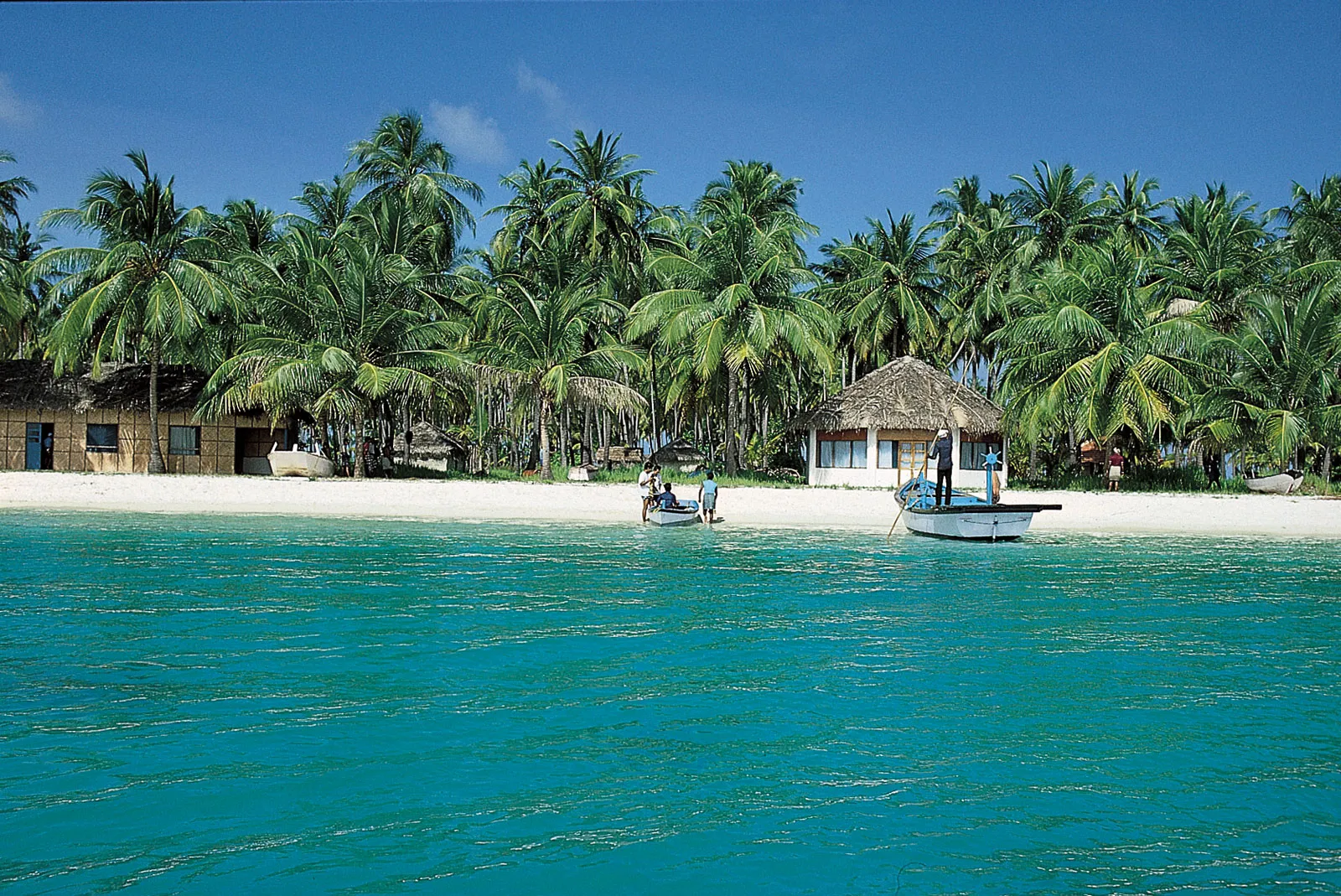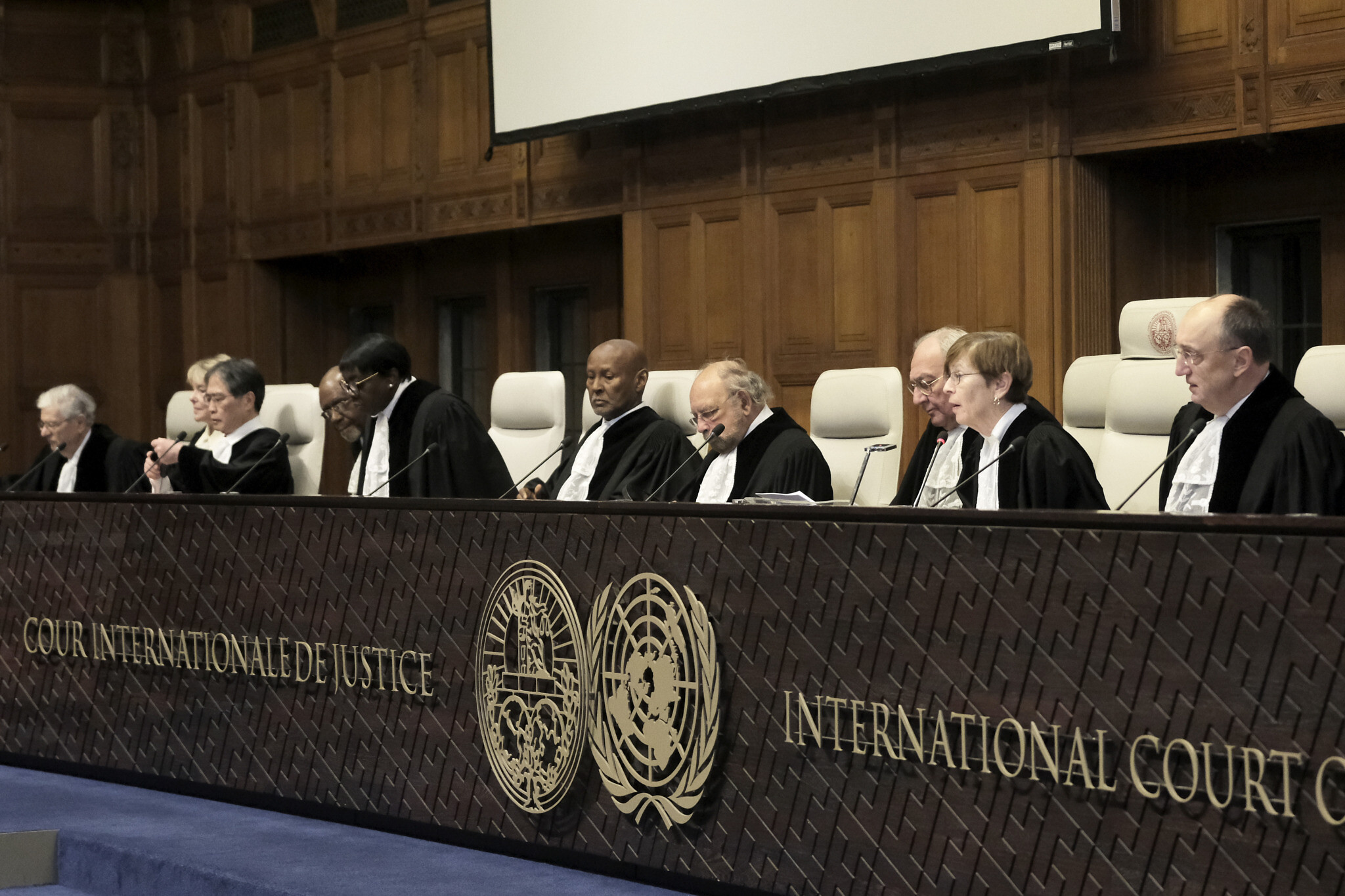Prime Minister Narendra Modi caused enthusiasm as well as alarm during his recent visit to Lakshadweep, given his beautiful depiction of the islands. Politics and tourism intersected as Modi tried to promote Lakshadweep as a premier holiday destination. But as the area considers welcoming large-scale tourism, important concerns regarding Lakshadweep’s readiness, the possible effects on the ecosystem, and the requirement for ethical tourist practices surface.
Lakshadweep’s Unique Challenges:
The growth of tourism has particular difficulties in Lakshadweep, an enchanted tropical archipelago in the Laccadive Sea made up of 36 atolls and coral reefs. Only reachable by air and sea from India’s only entry point, Kochi, the area needs permits for ten densely populated islands. A group of 58 lawyers and researchers expressed worries in 2021 about the possible negative impacts of extensive development on the island’s fragile ecosystem, topography, and sociological structure.
Eco-Tourism Ambitions:
The Lakshadweep Development Authority Regulation (LDAR) programme, which envisaged attractions such as water villas, sought to boost eco-tourism in spite of these objections. Perched above vivid coral reefs, water villas offer a fully immersed experience in the natural world. The apathy towards LDAR, however, begs concerns about the fine line that separates upscale travel from environmental conservation.
The Voice of Conservation:
Well-known figures in the tourism sector, including Jose Dominic of CGH Earth Group, stress how important it is to put the environment and nature above extravagance. Dominic’s dedication to fundamental principles like community involvement and environmental care highlights the need for sustainable tourism methods. One major worry is the conflict that exists between the profit-driven attitude of mainstream tourism and the values of ecological preservation.
Tourism Carrying Capacity:
The definition of “Tourism Carrying Capacity,” as given by the World Tourism Organisation, assumes significant importance when considering Lakshadweep. It describes the maximum volume of tourists that a location can handle without endangering its natural, economic, or sociocultural surroundings. The delicate maritime ecosystem in Lakshadweep may be disrupted, coral reefs and fish reproductive grounds may be damaged, and dredging may result from increased tourism.
Environmental Consequences:
Desilting and dredging, which are frequently suggested as ways to accommodate cruise ships and lines, can have detrimental effects that endure for a long time. In addition to ruining fish spawning areas, they jeopardise coral reefs, which are essential to the survival of marine life and are worth $375 billion a year worldwide. Marine biologists and scientists advise against such actions, highlighting the vulnerability of coral reefs and their importance in maintaining ocean ecosystems.
Lessons from Goa:
Considering the sad development of Goa tourism, this yields important realisations. Goa, which was formerly renowned for its hippie culture and ethereal mood, was overtaken by mass tourism, turning its tranquil coastline into a hive of enormous hotels, resorts, and other entertainment venues. If Lakshadweep welcomes unrestrained tourism without thinking through the long-term effects, it will be at risk in a similar way.
Lakshadweep vs. Maldives:
Tensions with the Maldives have arisen as a result of Prime Minister Modi’s efforts to promote Lakshadweep as a destination for domestic travel. The Maldives’ fear of competition for Indian tourists stems from their desire to protect their well-established tourism industry. When the two are contrasted, it is clear that Lakshadweep’s small land size prevents it from being able to support as much tourism as the Maldives without running the risk of causing lasting ecological harm.
Taking Note of the Maldives’ Difficulties:
The Maldives faces environmental challenges like garbage management and the effects of increasing sea levels, despite drawing millions of tourists there each year. The Maldives’ unrestrained tourism has resulted in environmental degradation, overflowing landfills, and dangers to the very essence of the islands’ natural beauty. Lakshadweep has to learn from these mistakes.
Threats posed by climate change:
With an average elevation of only 1-2 metres above sea level, Lakshadweep is most vulnerable to climate change. For a region mostly dependent on fishing, the issues are exacerbated by rising sea levels and the disappearance of coral reefs. Due to tourists’ infatuation with corals and colourful reefs, the island’s tourism potential is seriously jeopardised by the corals’ dwindling owing to climate change.
The Need for Conscientious Travel:
The growing demand for mass tourism in Lakshadweep highlights the urgent need for an airport that can handle large planes. But worries about Lakshadweep’s delicate ecosystem are raised by the possible environmental effects of greater air connectivity, which are exacerbated by the possibility of large-scale infrastructure development.
India’s Predicament and the Maldives’ Reaction:
The Maldives, which are heavily dependent on tourism, are wary of Lakshadweep’s efforts to promote travel. The discussion’s racial overtones and social media backlash draw attention to how delicate the subject is. India runs the risk of upsetting the delicate balance needed for sustainable tourism in its quest for economic growth. It is the responsibility of Indian tourism planners to make sure that unrestrained development does not claim Lakshadweep.
The potential of Lakshadweep as a tourism haven should be wisely utilised, taking into account the fragile natural balance and the welfare of the surrounding population. The region’s development should be guided by sustainable tourism, as promoted by responsible industry executives and conservationists. Lakshadweep should strive to set the standard for ethical tourism, highlighting its distinct natural beauty without sacrificing its ecological integrity, rather than competing with travel hotspots like the Maldives. Lakshadweep could use the lesson from Goa and the warning stories from the Maldives as a guide as it works to establish itself as a popular and sustainable tourism destination.








